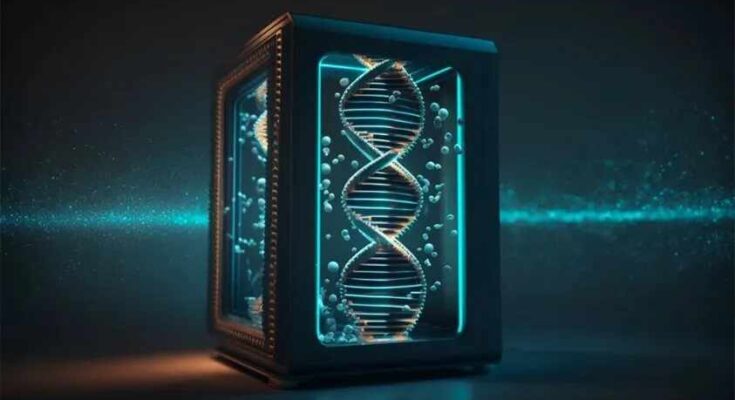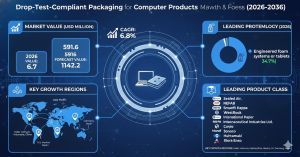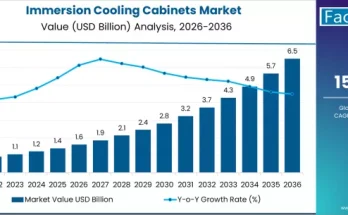The hype surrounding the DNA Data Storage Industry stems from the potential of DNA as a revolutionary medium for storing vast amounts of data in a highly compact and durable form. DNA, the molecule that carries the genetic instructions for all living organisms, possesses remarkable properties that make it an attractive candidate for data storage.
How is the data stored on DNA?
Data storage on DNA involves encoding digital information, such as text, images, or videos, into the four nucleotide bases that make up DNA: adenine (A), cytosine (C), guanine (G), and thymine (T). Each of these bases can be represented as binary code, with A and C as 0 and 1, and G and T as 1 and 0, respectively. By synthesizing DNA strands with the desired sequence of bases, companies can effectively store digital information in the form of DNA molecules.
How can companies store data in DNA?
To store data in DNA, companies typically follow a process called DNA synthesis or DNA writing. In this process, the digital information is converted into the appropriate DNA base code using algorithms and encoding techniques. Once the DNA sequence is generated, it can be synthesized in the laboratory using specialized machines that accurately assemble the desired DNA strands. These synthesized DNA molecules can then be stored and preserved for long periods, as DNA has the potential to remain stable for thousands of years under proper conditions.
The process of reading the data stored in DNA is known as DNA sequencing. DNA sequencing technologies, such as next-generation sequencing methods, can decipher the DNA base sequence and convert it back into digital information that can be accessed and interpreted by computers.
Companies in the DNA data storage industry are actively researching and developing technologies to optimize the storage capacity, read and write speeds, and cost efficiency of DNA data storage. While it is still an emerging field, the potential of DNA as a storage medium lies in its incredible data density, longevity, and resistance to degradation over time. DNA data storage has the potential to revolutionize the way we store and preserve large volumes of data, offering a promising solution for the growing demand for long-term, secure, and sustainable data storage.
Business & Industry Scope of DNA Data Storage
As per DNA data storage market research analysis released by Fact.MR (a competitive intelligence provider in the U.S.A.), the market value increased by around 76% from 2018 to 2022. The market is projected to reach a US$ 35.8 billion valuation by 2033.
According to the data in their report, Asia Pacific had a market size of US$ 100 million in 2022 which further projects to US$ 18.6 billion by 2033.
Get the complete detailed report & supportive data
(Visit the above Link for an in-depth analysis of key growth factors, competition & businesses already growing in the sector)
Companies working in the DNA Data Storage Research
Several companies are actively involved in DNA data storage research and development.
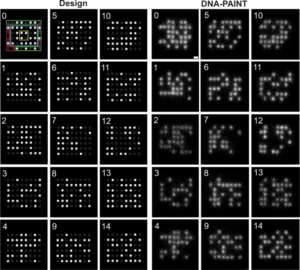
Some prominent players in the field include:
1. Twist Bioscience: Twist Bioscience is a leading synthetic biology company that specializes in DNA synthesis. They have been actively working on DNA data storage, and collaborating with various research institutions and companies.
2. Microsoft: Microsoft has been at the forefront of DNA data storage research through its Microsoft Research division. They have made significant breakthroughs in encoding and decoding data into DNA, and they are exploring the commercial viability of this technology.
3. Catalog Technologies: Catalog Technologies is a startup that focuses on developing next-generation data storage solutions using DNA. They are working on improving the scalability and accessibility of DNA data storage.
4. Molecular Assemblies: Molecular Assemblies is a company that aims to commercialize enzymatic DNA synthesis technology. They are exploring the potential of their technology for DNA data storage applications.
5. Illumina: Illumina, a leading company in DNA sequencing technologies, has also been involved in DNA data storage research. They have collaborated with other companies and research institutions to advance the field.
6. DNA Script: DNA Script is a company that focuses on enzymatic DNA synthesis. They are actively working on improving the efficiency and speed of DNA synthesis, which is crucial for DNA data storage applications.
How much Data can a DNA Store? & Why is DNA Data Storage Industry Creating a Hype?
DNA data storage is generating significant hype for several reasons
1. Unprecedented Data Density: DNA has an incredibly high data storage density. It can store massive amounts of data in a tiny volume. Estimates suggest that a single gram of DNA could potentially store up to one zettabyte (1 billion terabytes) of data. This density is orders of magnitude higher than any existing storage technology, including hard drives and solid-state drives.
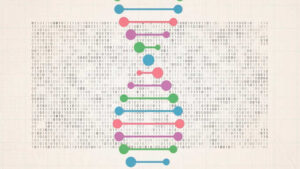
2. Long-Term Data Preservation: DNA is known for its exceptional stability and durability. When stored under appropriate conditions, DNA can remain intact for thousands of years. This makes it an attractive option for long-term data preservation, especially for archival purposes where data needs to be retained for extended periods.
3. Energy Efficiency: DNA data storage has the potential to be highly energy-efficient. Once data is stored on DNA, it requires minimal energy to maintain its integrity. Unlike traditional data storage technologies that constantly consume power, DNA data storage can be passive and does not require regular energy inputs for data retention.
4. Environmental Sustainability: DNA is a naturally occurring molecule, and its use as a storage medium aligns with the growing demand for sustainable technologies. DNA data storage has the potential to reduce the environmental impact associated with traditional data centers, which consume significant amounts of energy and contribute to carbon emissions.
5. Technological Advancements: Advances in DNA synthesis, sequencing, and encoding techniques have made DNA data storage more feasible and practical. Companies and researchers are continually improving the speed, accuracy, and cost-effectiveness of DNA data storage technologies, making it more viable for real-world applications.
6. Potential for Massive Data Storage: With the explosion of data in various sectors, such as genomics, artificial intelligence, and cloud computing, there is a pressing need for high-capacity storage solutions. DNA data storage has the potential to address this demand by providing a compact and scalable solution that can store enormous amounts of data.
While DNA data storage is still in its early stages and faces challenges such as high costs and slower read and write speeds compared to traditional storage methods, the hype stems from its immense potential to revolutionize the data storage landscape. As research and development continue, DNA data storage could become a key technology for storing and preserving the ever-increasing volumes of data generated by our digital society.
Also Read:
1. Understanding the Wonders of Brain-Computer Interface
2. The Future of Defense: Harnessing the Strength of Military Exoskeleton Technology
3. Cell Therapy Technologies: Revolutionizing Medicine for a Better Future (Worth US$ 19.6 Billion)
